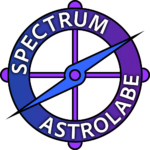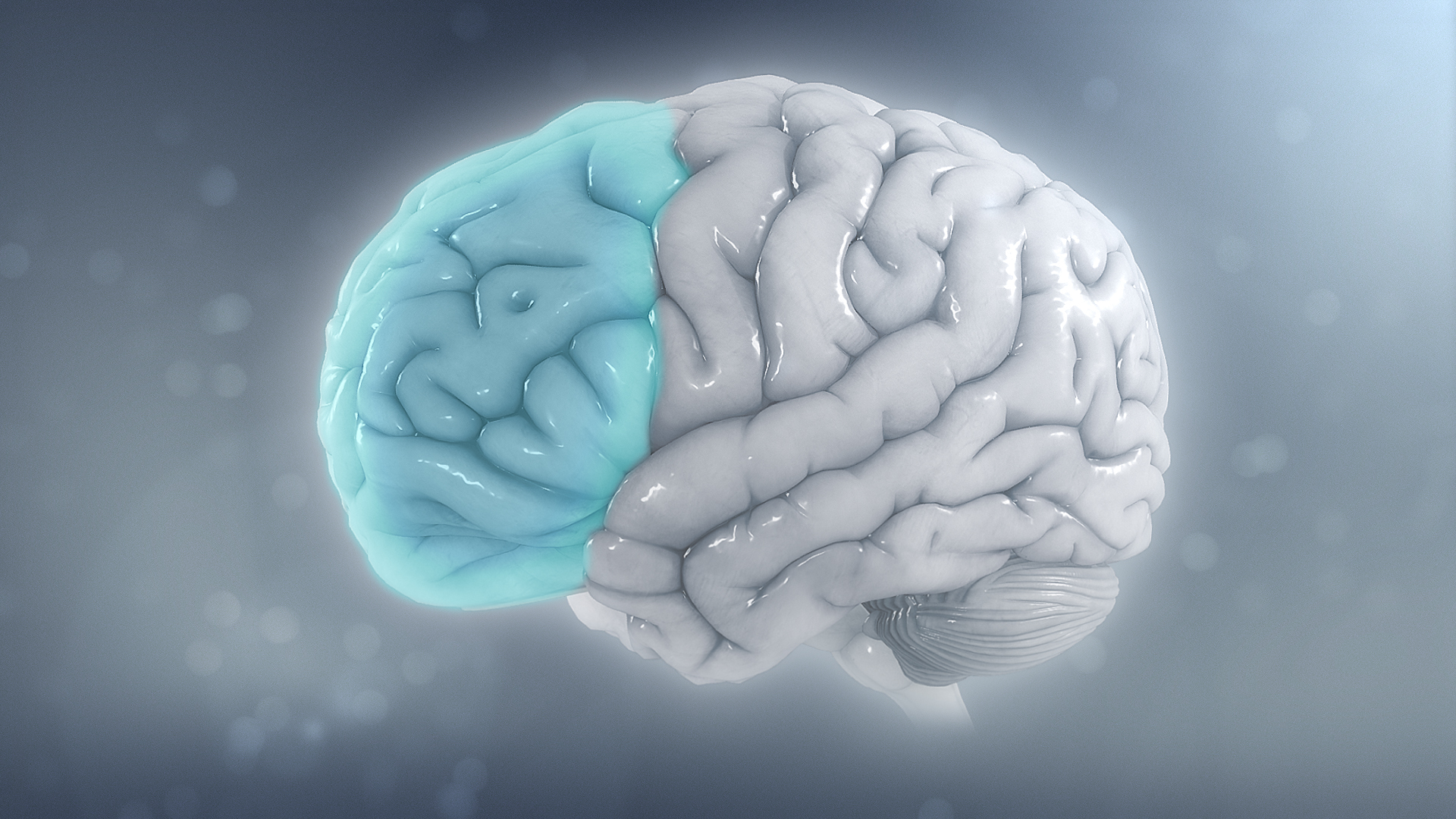In recent years, several U.S. states have begun implementing programs to allow individuals with autism and other conditions to have their diagnoses noted on driver’s licenses. This trend aims to enhance safety and understanding during interactions with law enforcement.
New Jersey Leads the Way
New Jersey has been at the forefront of this initiative. Residents with autism spectrum disorder (ASD) or communication disorders can now voluntarily add a notation to their driver’s licenses or identification cards. This program officially launched in February 2025, allowing individuals to request the designation at any Motor Vehicle Commission (MVC) licensing center.
To obtain this voluntary designation, individuals must provide six points of identification and proof of address, along with the application form (MR-16). If the applicant is under 18, a parental/guardian form is also required. For those seeking a Real ID document, additional documentation, such as proof of social security and two proofs of address, is necessary. The notation appears as a code in the “restrictions” section of the license, and participants also receive a “pink card” that describes their diagnosis. This card includes a designation section for conditions like autism spectrum disorder and communication disorders, as well as a restriction section for other medical conditions.
The program is designed to reduce misunderstandings during traffic stops by alerting law enforcement officers to the driver’s condition, ensuring safer interactions. New Jersey’s initiative also includes training for law enforcement to effectively communicate with individuals with autism.
Other States Follow Suit
New York is considering similar legislation. A Senate bill proposes allowing individuals to request a notation on their driver’s license for autism spectrum disorder or other conditions that may affect behavior. This bill is currently in committee and requires medical documentation to support the request.
Oklahoma has already enacted legislation providing an optional indicator for autism diagnoses on driver’s licenses and state IDs. Other states like Minnesota, Mississippi, Missouri, South Carolina, Tennessee, Texas, and Utah also offer or are considering similar notations.
Benefits and Challenges
The inclusion of autism notations on driver’s licenses is seen as a positive step by autism advocates. It provides a direct way for individuals to communicate their diagnosis to law enforcement, potentially reducing misunderstandings and ensuring safer interactions. However, the effectiveness of these programs depends on widespread awareness and training among law enforcement officers.
As more states adopt these measures, there is a growing need for comprehensive training and guidance to ensure that officers can respond appropriately to individuals with autism or other noted conditions. This trend reflects a broader effort to make public services more inclusive and supportive of individuals with diverse needs.
Citations:
- https://autismnj.org/article/signing-up-for-an-autism-dl-id-designation/
- https://mblawfirm.com/insights/new-jersey-officially-introduces-drivers-license-notation-for-autistic-motorists/
- https://www.nj.com/news/2025/02/nj-launches-program-for-drivers-licenses-to-note-autism-other-conditions.html
- https://www.monmouthresourcenet.org/news-events/news/drivers-license-designation-now-available-for-residents-to-indicate-disability-status/
- https://autismnj.org/news/state-announces-law-enforcement-initiatives-for-interacting-with-autistic-individuals/
- https://www.autismspeaks.org/blog/autism-and-driving-ways-identify-autistic-when-driving
- https://www.nj.gov/mvc/about/forms.htm
- http://mblawfirm.com/insights/driving-inclusively-the-new-law-benefiting-autistic-drivers-in-new-jersey/
- https://www.jdsupra.com/legalnews/elder-law-and-special-needs-newsletter-8849447/











